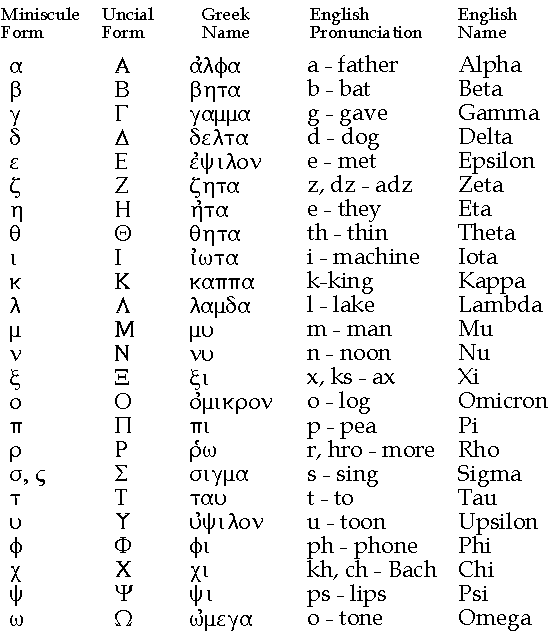
An Intermediate Greek-English Lexicon
H G Liddell and R Scott
Для корректного отображения греческого текста необходимо скачать и установить в систему шрифт GraecaII.
This Abridgement of the Oxford Greek Lexicon has been undertaken in compliance with wishes expressed by several experienced School Masters. It is an entirely new work, and it is hoped that it will meet their requirements.
It differs from the old Abridgement, in that
1st. It is made from the last Edition (1883) of the large Lexicon.
2ndly. The matter contained in it is greatly increased. This increase has been caused by giving fuller explanations of the words, by inserting the irregular forms of Moods and Tenses more fully, by citing the leading Authorities for the different usages, and adding characteristic phrases.
With regard to the citation of Authors’ names, it has been endeavoured to give the earliest authority for each usage. When the word or meaning continued in general use, an ’etc.’ is added to the first authority or authorities. When the original usage seems to be continued only exceptionally, the names of the exceptional authorities have been added.
Generally speaking, words used only by late writers and scientific terms have been omitted. But from Homer downwards, to the close of Classical Attic Greek, care has been taken to insert all words. Besides these, will be found words used by Aristotle in his moral and political treatises, by Polybius and Strabo in the books generally read by students, by Plutarch in his Lives, by Lucian, by the Poets of the Anthology, and by the writers of the New Testament.
With regard to Etymology, when the word represents the Root or Primitive Form with a termination easily separable, it is printed in Capital Letters, as GE vMW, KRA vTOS; when the Root and termination are not so distinctly separable, the assumed Root is added, as tuvptw (Root TYP).
In Derived words, reference is made to the Verb or other word under which the Root is given, as nifov-bolo" (bavllw); except that in cases where the Root can only be found in the aor. 2 or some other tense of a Defective Verb, this form and not the Verb is given, as drovmo" (dramei`n), o[yi" (o[yomai).
In Compound words, the parts of which they are made up has been marked by placing a hyphen between them, as ajpo-bavllw, ajf-ivhmi, a[-bato". When either part of the compound remains unaltered or only slightly altered, no reference to the simple forms has been thought necessary. And words derived from a compound already divided are left undivided, as filosofevw from filov-sofo".
The Quantity of doubtful syllables is marked: when a doubtful vowel precedes another vowel, it is to be understood that the former is short, unless it is marked long.
H. G. LIDDELL.
Ch. Ch., Oxford, Oct. 27, 1888.
Click on the "Greek Name" word
